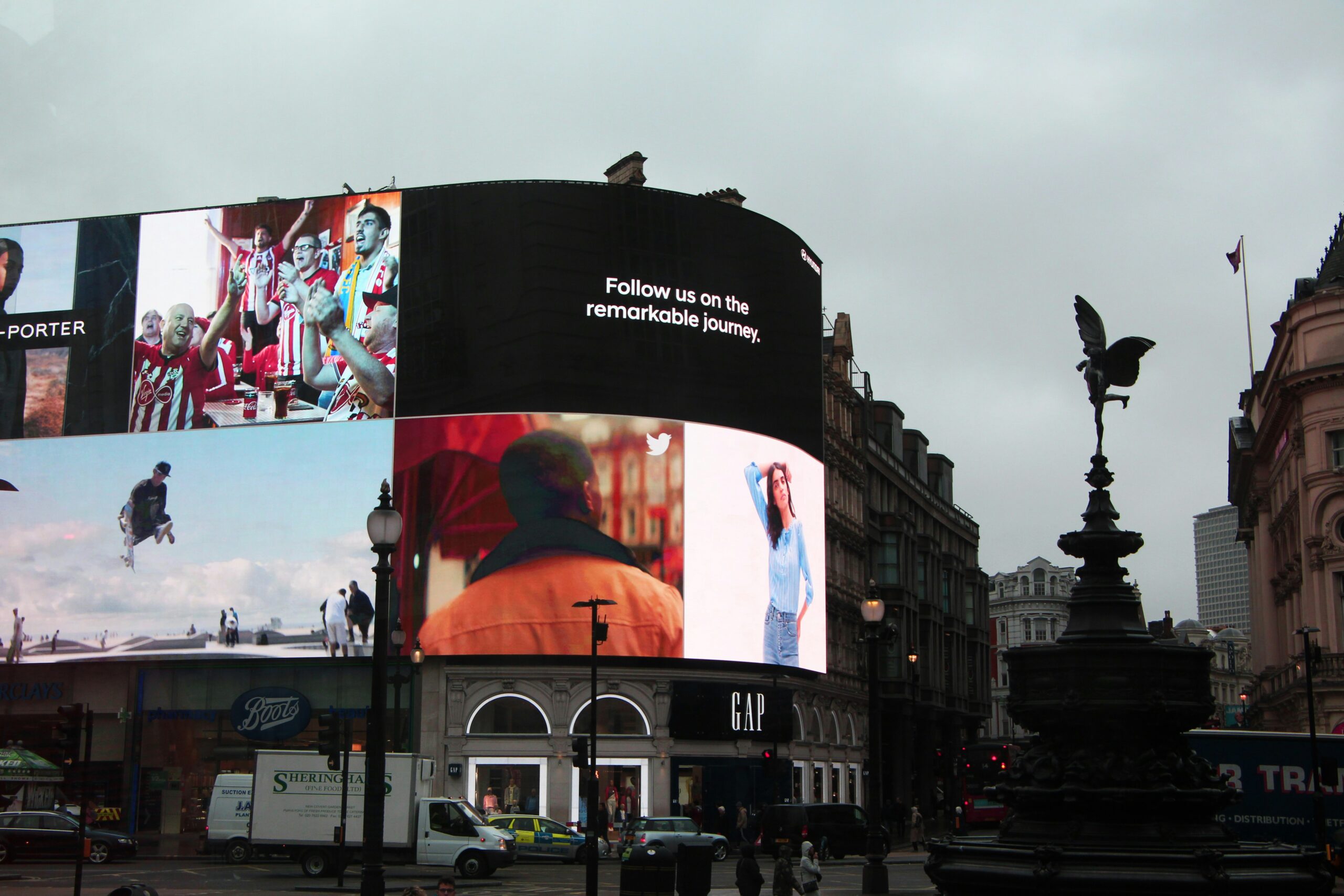
Businesses are under increasing pressure to have a voice in the global sustainability narrative, but with increasing scrutiny and backlash against greenwashing, many have found themselves in hot water over exaggerated and unsubstantiated claims.
In recent years, the UK’s Advertising Standards Agency (ASA) has banned ad campaigns from the likes of Tesco’s, HSBC, Shell and Anglian Water. With consumers, employees and shareholders all taking notice, it’s never been more essential to get your sustainability communications right to avoid costly reputational damage.
Being accused of greenwashing can not only be reputationally damaging, but it can also be financially damaging when the advertising authorities get involved. A recent survey by KPMG revealed that over half of shoppers are prepared to boycott a brand that is making misleading environmental claims.
We know that understanding the rules when communicating your business’s ESG progress can be a minefield. Here’s a simple guide of the key things you need to know:
Lessons to learn from
It can be hard to grasp the complex world of environmental communications. Here are some examples of campaigns that have been banned for not following the rules.
- Anglian Water: In 2022, Anglian Water’s TV Advert was banned for communicating a program to create new wetlands and protect nature without mentioning the environmental harm Anglian Water has made in the past by releasing sewage into the environment. Read more.
- Unilever UK – Persil: In 2022, Persil launched a TV Advert which described their product as ‘kinder to our planet’. The ASA deemed the ad misleading as the terminology ‘kinder’ would be ambiguous to viewers. It was not made clear the basis of the comparative claim and whether it referred to a comparison with Persil’s own products or their competitors. Read more.
- Hyundai Motor UK: In 2021, the UK Hyundai website included text stating the Hyandai Nexo was ‘a car so beautifully clean, it purifies the air as it goes’. The ASA claimed this was misleading, implying the car had a positive environmental impact. Although the air filtration system in the car was shown to filter the air before it was used in its hydrogen fuel cell, there were still particulates released into the air from brake and tyre wear. Therefore, there was not sufficient evidence to prove Hyundai’s claim. Read more.
Keeping clear of greenwashing
When it comes to communicating your ESG journey, it’s important to keep a few things front of mind to make sure you can stand behind your claims with confidence.
- Be honest and transparent: It’s great to talk about what your business is doing well, but make sure to share the challenges you are facing too. No business is perfect and we are all on a journey to be better. Being honest about your progress shows your stakeholders that you’re authentically doing what you say you are.
- Clarity is key: Let’s face it, the topic of sustainability can be confusing at the best of times. So, imagine what it’s like for your audience who may have absolutely no idea what ‘carbon neutral’ or ‘net zero’ means. When using terminology like this, make sure you are providing enough information to your audience to make your message really clear.
- Be specific: When it comes to ESG claims, it’s important to be specific about what part of your business or which products are covered by that claim. Some businesses have been caught out when adverts make it seem their claims cover their entire business practices when they only cover one product.
- Be careful with imagery: Using images of the natural world is becoming increasingly popular in sustainability communications. However, if your business has a significant negative environmental impact, using images like this can be seen as misleading and could get you in trouble with advertising bodies.
- Back up your claims with evidence: Ensuring you have comprehensive data to back up your environmental claims can help you tell your brand’s sustainability story with confidence. This is particularly important to justify comparative claims such as ‘greener’ or ‘friendlier’, where robust data is required to prove your product or service has more environmental benefits than competitor products. When curating your sustainability communications, always think about what evidence you have to prove the claims you are making.
By following a few simple rules you can take your sustainability communications from risky to rewarding.
Before communicating with your customers ask yourself: Is it clear? Is it specific? Are we being transparent? Can we back it up? Make sure you can confidently answer yes to these questions, to avoid running into problems later down the line.

Legislative changes to be aware of
New environmental claims legislation is constantly evolving, making sustainability communications a complicated landscape to navigate. At Seismic, we live and breathe the ever-changing sustainability regulatory landscape. We’ve digested the latest guidance for you to be aware of:
- In 2021, the UK Competition and Markets Authority (CMA) published the Green Claims Code,providing businesses with guidance when making environmental claims. They have since started in-depth reviews of specific sectors to review any misleading environmental claims. So far, their reviews have covered the fashion and fast-moving consumer goods sectors with other industries set to be reviewed soon.
- Under the proposed Digital Markets, Competition and Consumer Bill the CMA may soon be able to enforce consumer protection laws directly, allowing fines of up to 10% of a company’s global turnover.
- In January 2024, the EU Parliament voted to implement the new EU Directive which will require businesses selling in the EU to ensure any vague claims about their environmental impact are backed up by evidence. The use of claims such as ‘climate-neutral’ or ‘carbon-neutral’ will no longer be allowed if businesses are relying on carbon offsetting to make these claims. Following final approval by the EU Council, EU member states will have two years to transfer these rules into national law.
- In June 2023, the ASA and The Committee of Advertising Practices (CAP) published guidance on misleading environmental claims and social responsibility which intend to help businesses interpret the CAP’s Code rules for environmental advertising.
Communicating with confidence
At Seismic, we like to keep things as simple as possible for our clients by ensuring their communications are in line with the latest regulatory requirements so that they don’t have to. We also offer third-party validation for claims our clients want to publish to enable them to communicate with confidence.
If you’re ready to share your progress, we can advise you on how to communicate authentically, creatively and with honesty – so the actions in your story speak for themselves. Get in touch.


